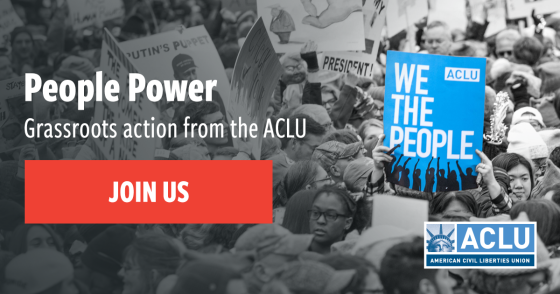The first time I read Souls of Black Folk: Essays and Sketches by W.E.B Du Bios I remember thinking, why is this author, a giant in American literature, spending so much time on making an argument for the humanity, civil rights and respect of Black people? Should this not be a concept that is easily accepted and understood?
This weekend, there will be Juneteenth celebrations across the country. This now federally recognized holiday comes 150 years after federal troops arrived in Galveston, Texas to take control of the state and ensure that all enslaved people be free. W.E.B. Du Bios would write his seminal work 38 years later, attempting to convince a now mixed populous that, yes, Black Americans are in fact Americans and with that title must come the same inalienable rights afforded to the Founding Fathers who penned them.
Yet here we are in 2022, 150 years after the alleged freedom we are celebrating, fighting continued forms of oppression that have only changed in system and name. For example, today we see the legacy of slavery and involuntary servitude in the cruel exploitation of incarcerated workers — impacting hundreds of thousands of incarcerated workers nationwide and in Nebraska.
It is no secret that Nebraska’s prison system is one of the most overcrowded in the country. As lawmakers continue to resist smart justice reform, our state’s prison population grows and stark racial disparities persist. Roughly 5% of Nebraskans are Black but about one third of Nebraskans in our prisons are Black. According to our friends at the Sentencing Project, Nebraska has one of the nation’s highest Black incarceration rates. And, like prisons nationwide, many incarcerated workers in Nebraska are paid pennies, with the starting wage for things like license plate production just 38 cents an hour. Cleaning the Nebraska Governor’s Residence, by contrast, can earn you up to $1.50 an hour. To be clear — this offensive exploitation is happening every single day in our state, disproportionately impacting Black Nebraskans.
As we celebrate a holiday that rests on the creation of an amendment that is fundamental to Black liberation, we must also acknowledge that it is the same 13th Amendment that allowed this modern day exploitation, specifying “Neither slavery nor involuntary servitude, except as a punishment for crime whereof the party shall have been duly convicted, shall exist within the United States.”
In 2020, Nebraska voters opposed prison slavery at the ballot box and we must do more to ensure dignity and protections for incarcerated workers. This includes a fair wage, training, and basic workplace safety.
The ACLU of Nebraska continues to work towards a future free of oppression. A future where we can spend a holiday celebrating Blackness without having to discuss systems of oppression, disparities in arrests and prison populations, and violence against Black bodies — or spend time convincing those, like Du Bois did, that Black people are guaranteed the same life, liberty and pursuit of happiness as the forefathers that penned those words.
Learn about the ACLU’s racial justice agenda: Systemic Equality.
